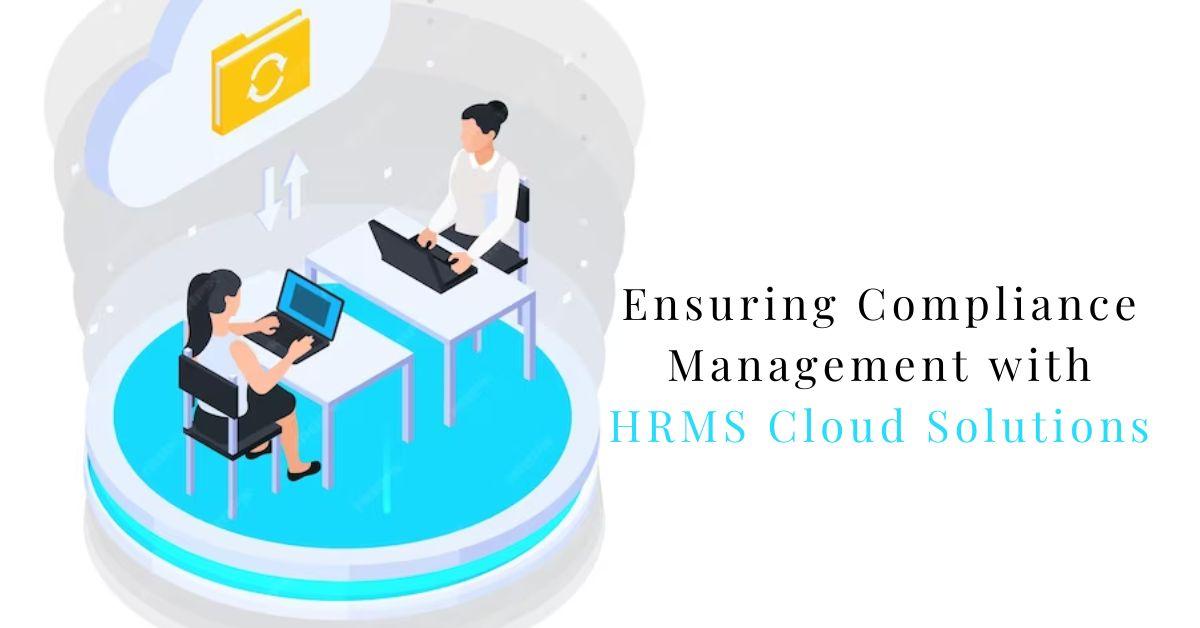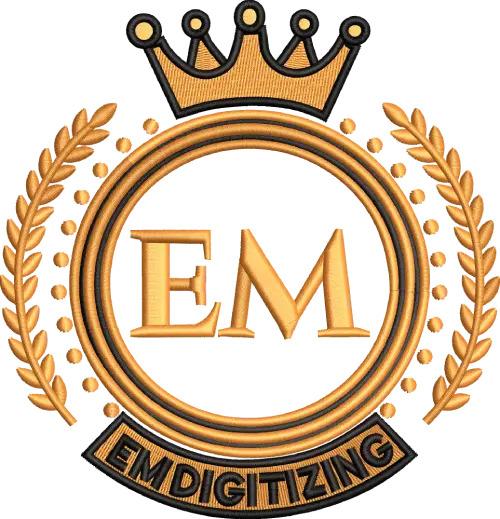Introduction:
In today’s dynamic business environment, compliance management is a cornerstone of HR operations. With an ever-expanding array of regulations governing employment practices, data privacy, and workplace safety, organizations face mounting pressure to ensure adherence to legal requirements while maintaining operational efficiency and employee satisfaction. In response to these challenges, HR departments are increasingly turning to HRMS (Human Resource Management System) cloud solutions to streamline compliance management processes and mitigate risks effectively.
Understanding Compliance Management Challenges:
Compliance management encompasses a broad spectrum of regulatory requirements, each presenting unique challenges for organizations:
Labor Laws: Compliance with labor laws involves managing aspects such as minimum wage, overtime, employee classification (exempt vs. non-exempt), and working hour regulations. Ensuring compliance with these laws requires accurate time tracking, payroll calculations, and employee classification protocols.
Data Privacy: In an era of heightened data privacy concerns, organizations must navigate complex regulations such as the GDPR (General Data Protection Regulation), CCPA (California Consumer Privacy Act), and various industry-specific data protection laws. Compliance entails safeguarding sensitive employee data, obtaining consent for data processing activities, and promptly addressing data breaches.
Anti-Discrimination: Anti-discrimination laws prohibit discrimination based on protected characteristics such as race, gender, age, disability, religion, and sexual orientation. Ensuring compliance involves implementing non-discriminatory hiring practices, providing equal opportunities for advancement, and addressing workplace harassment and discrimination promptly.
Health and Safety: Compliance with health and safety regulations, such as those enforced by OSHA (Occupational Safety and Health Administration), requires organizations to maintain safe working conditions, provide appropriate training and protective equipment, and promptly address workplace hazards and accidents.
Employee Benefits: Administering employee benefits programs in compliance with laws such as ERISA (Employee Retirement Income Security Act) and ACA (Affordable Care Act) involves ensuring accurate benefit calculations, timely reporting, and adherence to eligibility and coverage requirements.
Challenges in Traditional Compliance Management Approaches:
Traditional compliance management approaches often rely on manual processes, disparate systems, and fragmented data sources, leading to inefficiencies, inaccuracies, and compliance gaps. Common challenges include:
Manual Data Entry and Processing: Manual data entry and processing are prone to errors and inconsistencies, increasing the risk of compliance violations and audit findings.
Siloed Systems: Siloed HR systems and data repositories make it difficult to centralize compliance-related information and ensure data accuracy and consistency across the organization.
Lack of Real-Time Visibility: Limited visibility into compliance-related data and processes hinders organizations’ ability to proactively identify and address compliance issues in a timely manner.
Compliance Monitoring and Reporting: Manual compliance monitoring and reporting processes are time-consuming and resource-intensive, often resulting in delays and inaccuracies in compliance reporting.
Inadequate Audit Trails: Incomplete or fragmented audit trails make it challenging for organizations to track compliance-related activities, changes, and access permissions effectively.
Leveraging HRMS Cloud Solutions for Compliance Management:
HRMS cloud solutions offer a comprehensive suite of features and functionalities to streamline compliance management processes and mitigate risks effectively:
Centralized Data Management: HRMS cloud solutions provide a centralized platform for storing, managing, and accessing employee data, ensuring data accuracy, consistency, and accessibility across the organization.
Automated Processes: HRMS cloud solutions automate various compliance-related processes, including payroll calculations, time tracking, attendance and leave management, and reporting, reducing manual errors and ensuring compliance with regulatory requirements.
Regulatory Updates: Leading HRMS cloud providers regularly update their platforms to reflect changes in laws, regulations, and industry standards, helping organizations stay compliant without manual intervention.
Document Management: This cloud based HR software offer robust document management capabilities for storing, organizing, and accessing compliance-related documents such as employee handbooks, policies, contracts, and training materials, ensuring version control and access controls.
Audit Trails and Reporting: HRMS cloud solutions provide comprehensive audit trails and reporting capabilities, allowing organizations to track compliance-related activities, monitor changes, and generate compliance reports for internal stakeholders or regulatory authorities.
Best Practices for Effective Compliance Management:
While HRMS cloud solutions offer advanced capabilities for compliance management, organizations must adhere to best practices to maximize effectiveness:
Regular Training and Education: Invest in training programs to educate HR staff and employees about relevant laws, regulations, and organizational policies, fostering a culture of compliance awareness and accountability.
Proactive Monitoring: Regularly monitor compliance metrics, key performance indicators (KPIs), and regulatory changes within the performance management system to identify potential risks or areas for improvement, enabling proactive intervention and risk mitigation.
Collaboration and Communication: Foster collaboration between HR, legal, IT, and other relevant departments to ensure alignment on compliance initiatives, facilitate timely information sharing, and streamline decision-making processes.
Continuous Improvement: Continuously evaluate and refine compliance processes within the performance management system, leveraging feedback, analytics, and industry benchmarks, as well as insights from the top 10 payroll software in India, to drive continuous improvement and adaptability in response to evolving regulatory landscapes.
Partnering with Expertise: Consider partnering with legal experts, compliance consultants, or HRMS vendors with deep domain expertise to navigate complex compliance challenges effectively and ensure compliance with regulatory requirements.
Conclusion:
In conclusion, compliance management is a critical aspect of HR operations, requiring diligence, expertise, and technological support. HRMS cloud solutions offer organizations a robust platform to streamline compliance management processes, mitigate risks effectively, and demonstrate a commitment to legal and ethical standards in the digital era. By leveraging these advanced capabilities and adhering to best practices, organizations can navigate compliance challenges with confidence and resilience, ensuring regulatory adherence and fostering a culture of compliance awareness and accountability across the organization.






